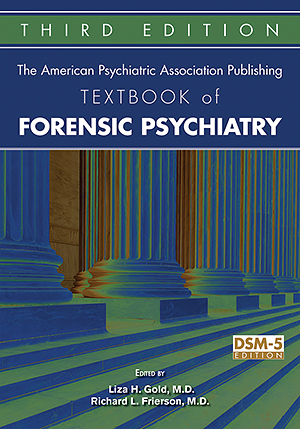Sections
Excerpt
Understanding the concepts of confidentiality and privilege in the practice of psychiatry and psychotherapy requires an appreciation of our society’s expectation for privacy in certain personal and professional relationships. Intimate information, whether pertaining to health, finances, or private thoughts and beliefs, would not be comfortably shared with others if not for the expectation that this information would remain confidential.
Access content
To read the fulltext, please use one of the options below to sign in or purchase access.- Personal login
- Institutional Login
- Sign in via OpenAthens
- Register for access
-
Please login/register if you wish to pair your device and check access availability.
Not a subscriber?
PsychiatryOnline subscription options offer access to the DSM-5 library, books, journals, CME, and patient resources. This all-in-one virtual library provides psychiatrists and mental health professionals with key resources for diagnosis, treatment, research, and professional development.
Need more help? PsychiatryOnline Customer Service may be reached by emailing [email protected] or by calling 800-368-5777 (in the U.S.) or 703-907-7322 (outside the U.S.).



